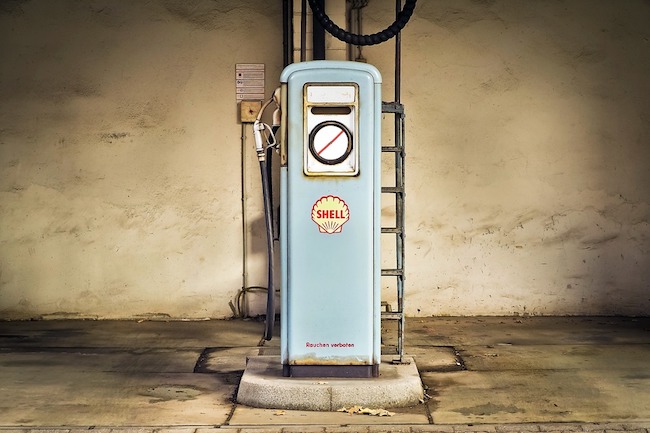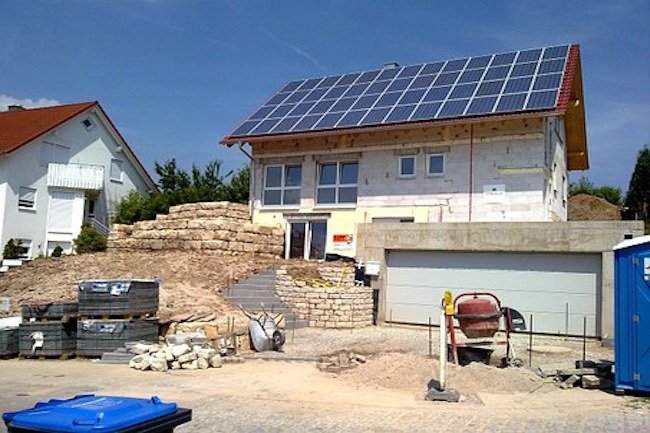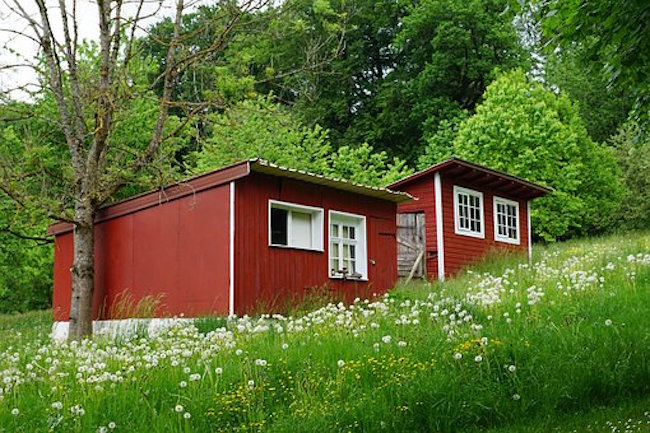The Best (And Safest) Way To Stockpile Gasoline by: Rich M for Off The Grid News
Stockpiling supplies for an emergency is at the very core of survival. Unfortunately, though, not everything stores well, especially when we’re talking about months and years. Most food items don’t store well, but we are able to make up for that by the way we preserve and package them. Other items aren’t quite as easy.
Gasoline is one of these items. I think we all would agree that a good stockpile of gasoline will be extremely valuable in just about any survival scenario. The problem is in finding a way that we can store gasoline without it going bad.
What Makes Gasoline Go Bad?
Gasoline is not a simple chemical substance, such as ethanol or citrus acid. It’s a mixture of a number of different hydrocarbons, with the actual carbon ranging from four to 12 in a single atom. The fractional distillery which refines gasoline from petroleum also mixes in various additives, intended to help a vehicle’s performance.
Most of the chemicals in gasoline are highly volatile. Contrary to popular opinion, this doesn’t mean that they burn easily, but rather that they evaporate easily. It is the gasoline vapor, not the liquid gasoline, that we burn.
Typically, the most volatile parts of the gasoline mixture are also the most reactive or most flammable. As gasoline sits, these volatile parts evaporate, leaving the less flammable parts in place. While an internal combustion engine will still burn those parts and work, some efficiency will be lost.
The second thing that can go wrong with gasoline is that certain parts of it will oxidize, mixing with oxygen in the air to form new compounds. These new compounds are not as reactive as the original ones and, in fact, can cause problems in an engine. These new compounds congeal together, forming particles of a gum-like substance that can plug injectors and fuel filters. Fortunately, these are visible and filterable from the gasoline. They also cause the smell of the gasoline to change to a distinctly sour one.
Finally, the third culprit in the process of making gas go bad is water. The heating and cooling of the gasoline causes water to condense on the inside and outside of the container. The water condensation then mixes with the gas, reducing its reactivity.




